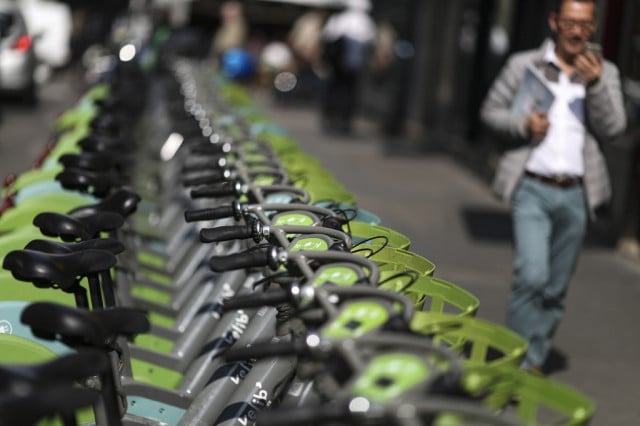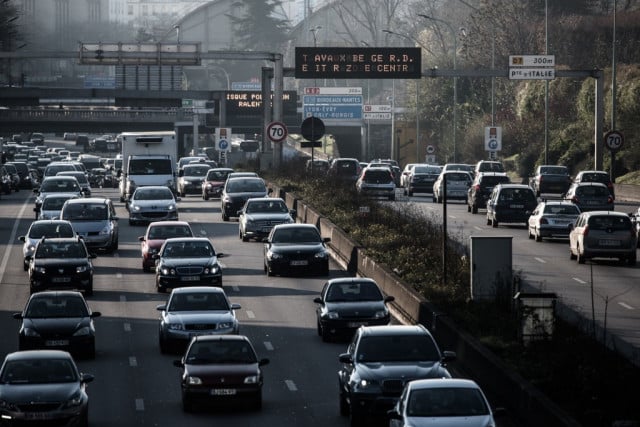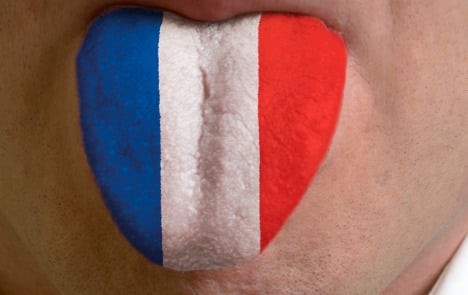
French actor and YouTube sensation Norman Thavaud goes laissez-hair. Photo: AFP
After spending Christmas in France eating copious amounts of foie gras and chocolate log (separately, normally) you’ll probably be feeling very guilty and take a vow to do some rigorous exercise to shed those extra pounds.
“Oh I feel terrible, I'm gonna have to spend the whole of January at the flabattoir.”


The Vélib' bike hire system is generally great, except when it isn't. Photo: AFP
While Parisians are quite happy to use the word périphérique for the city’s crazy ring road where vehicles drive bumper to bumper, expats are more likely to refer to the noose around Paris as the Periphereeeeeeek! given how frightening it is to navigate.

The notorious Paris périphérique. Photo: AFP
Banlieurgy
Parisians who are forced to cross the periphereeeeeeek ring road to go the suburbs (banlieue) are often left looking a little pale and feeling weak at the knees. That’s because they are suffering from a bad case of “banlieurgy”.
It's easily cured, just by taking them home.
Often to get to the banlieue Parisians have to take the rundown, under invested, always packed, occasionally smelly and sometimes dangerous commuter train system the RER.




 Please whitelist us to continue reading.
Please whitelist us to continue reading.
Member comments